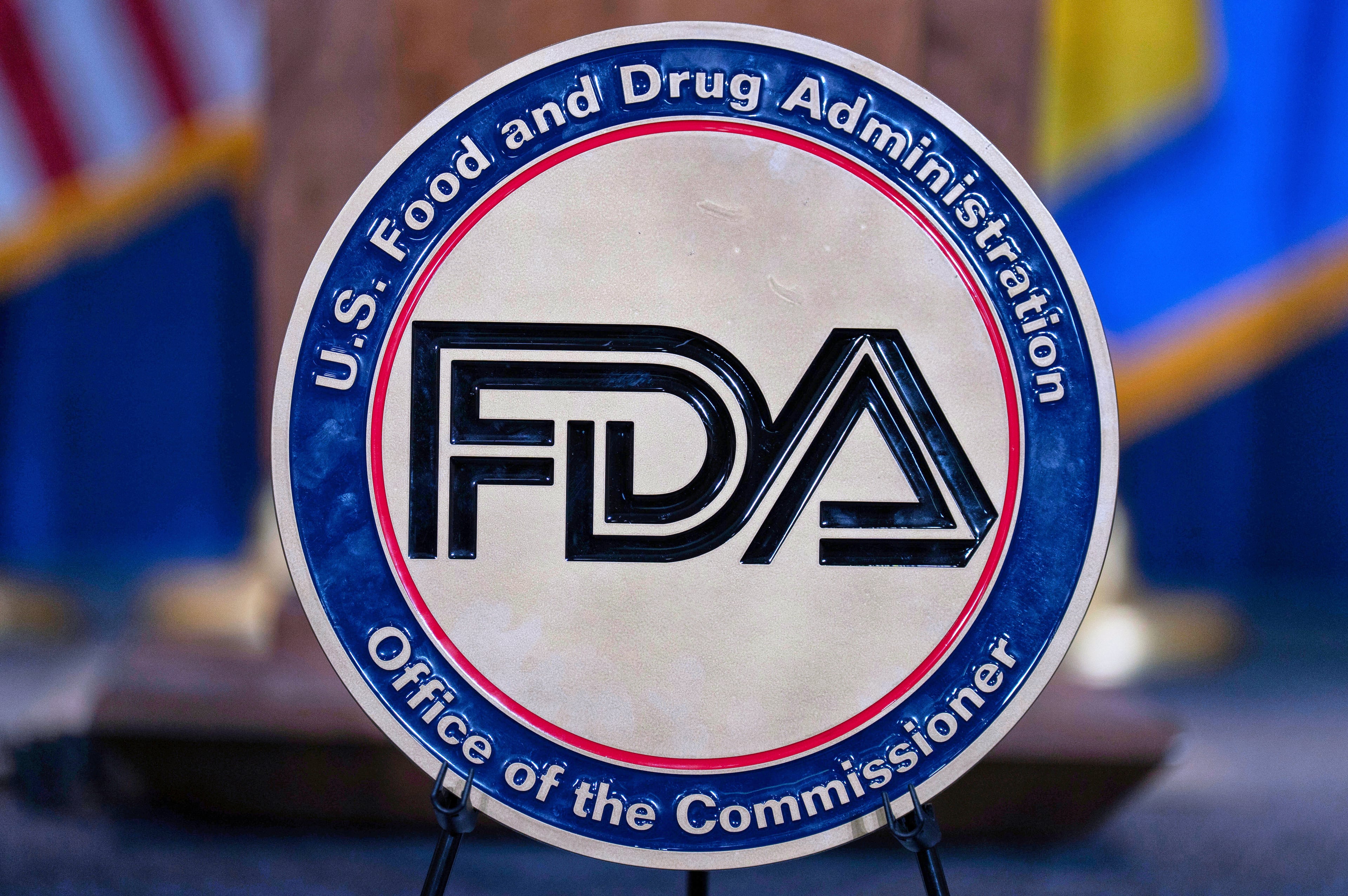Study links common sweetener to heart health risks
Xylitol, a low-calorie sweetener, is found in a wide range of products, from sugar-free gum to keto friendly baked goods. However, a recent Cleveland Clinic-based study has raised concerns about the potential risks associated with consuming it.
The study, published in the European Heart Journal, analyzed data from more than 3,000 people in the United States and Europe. Researchers found those with the highest levels of xylitol in their bodies had a significantly higher risk of experiencing heart attacks, strokes and other cardiovascular events over a three-year period. They also found drinking a xylitol-sweetened beverage caused a spike in platelet activity, an effect that wasn’t seen in those who drank a glucose-sweetened drink.
While the study highlights a potential link between xylitol and cardiovascular health, the authors emphasize further research is necessary to fully understand the long-term safety of this sweetener.
“This study again shows the immediate need for investigating sugar alcohols and artificial sweeteners, especially as they continue to be recommended in combating conditions like obesity or diabetes,” one of the study’s authors, Dr. Stanley Hazen, said in a news release. “It does not mean throw out your toothpaste if it has xylitol in it, but we should be aware that consumption of a product containing high levels could increase the risk of blood clot related events.”
This research follows a study conducted by the same team last year, which found a similar connection between erythritol, another sugar alcohol, and cardiovascular risk, the news release states. Although xylitol is less prevalent than erythritol in keto or sugar-free food products in the United States, it is widely used in other countries.
For now, Hazen advises patients to avoid consuming xylitol and other sugar alcohols, which can be identified by their names ending in ‘itol,’ NBC News reported. He suggests using modest amounts sugar, honey, fruit or other natural sweeteners as an alternative.



